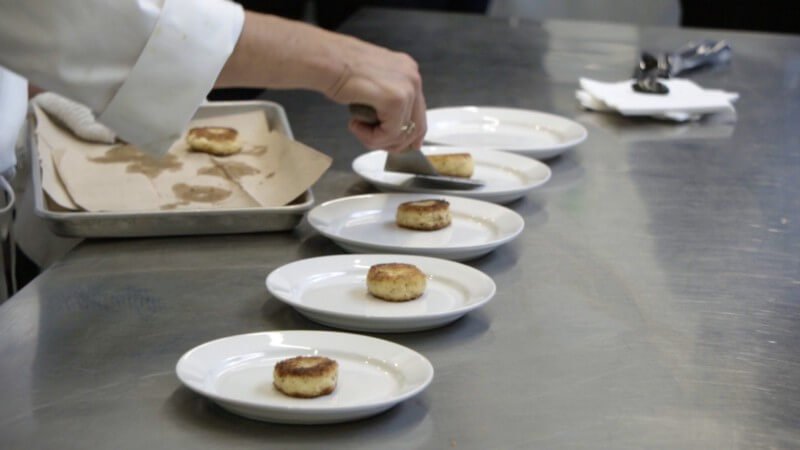Climate change has altered the debate over the ethics of meat consumption, adding a new dimension that certainly changes the equation. There are also new options on the horizon, however, such as lab grown or cultured meat. How this will all shake out is still unknown, but it seems likely our meat consumption habits are going to be different in 50 years.
…
A second issue is land use and the overall impact on the environment….There is no question that growing meat requires more energy and more land and resources overall than plant consumption. However, there are many variables involved and depending on the details plants are not always more efficient.
…
[W]e should decrease our meat consumption, but not necessarily eliminate it. We need to use land as efficiently as possible, and land should be used for the purpose for which it is best suited.…
Cultured meat starts with meat stem cells, and then grows them in a vat. There is never a sentient animal involved….and no reason that we cannot get to full meat substitutes grown in the lab.
…
The ultimate goal is general public acceptance. If people could buy fake or cultured meat in the grocery store, for about the price of real meat, and find no or trivial differences in terms of cooking and taste, then it will take over. This could have significant environmental benefits.
Read full, original article: Cultured Meat and Climate Change































